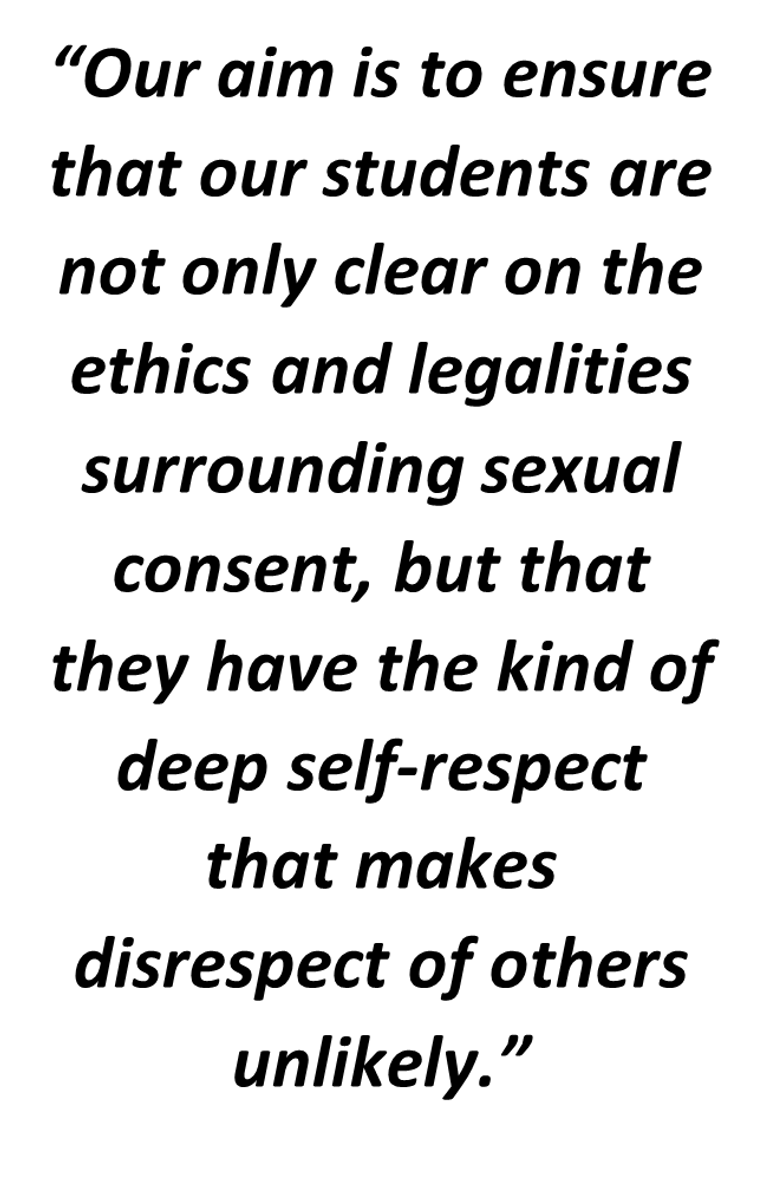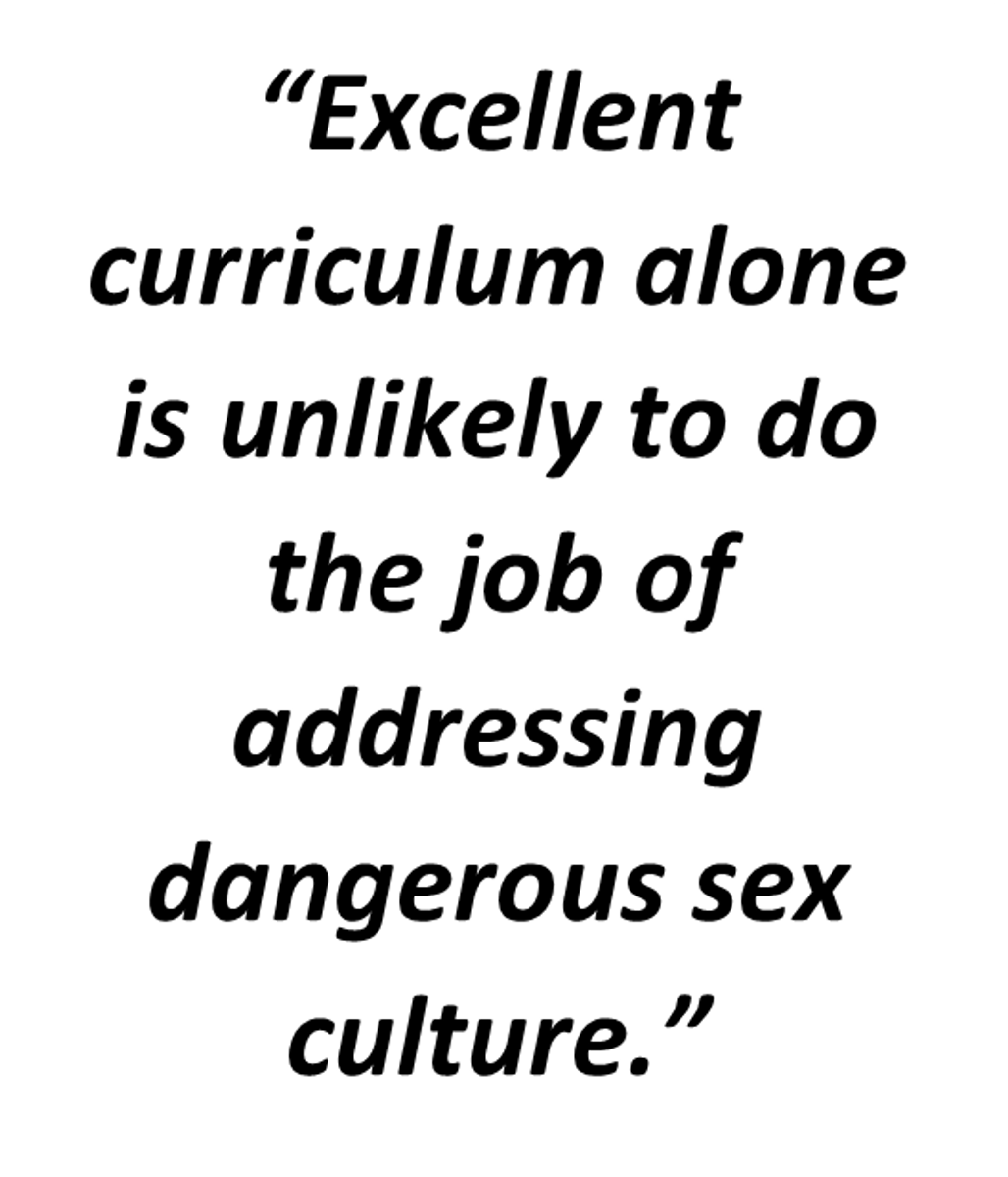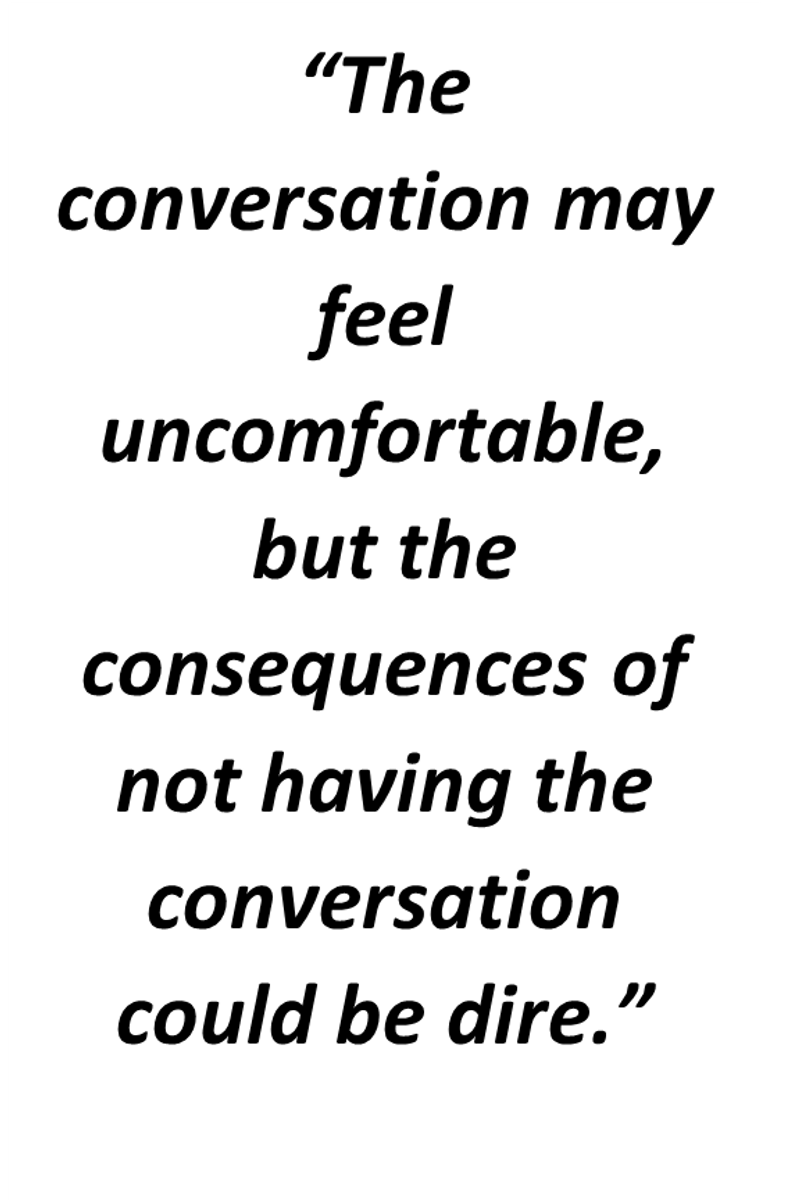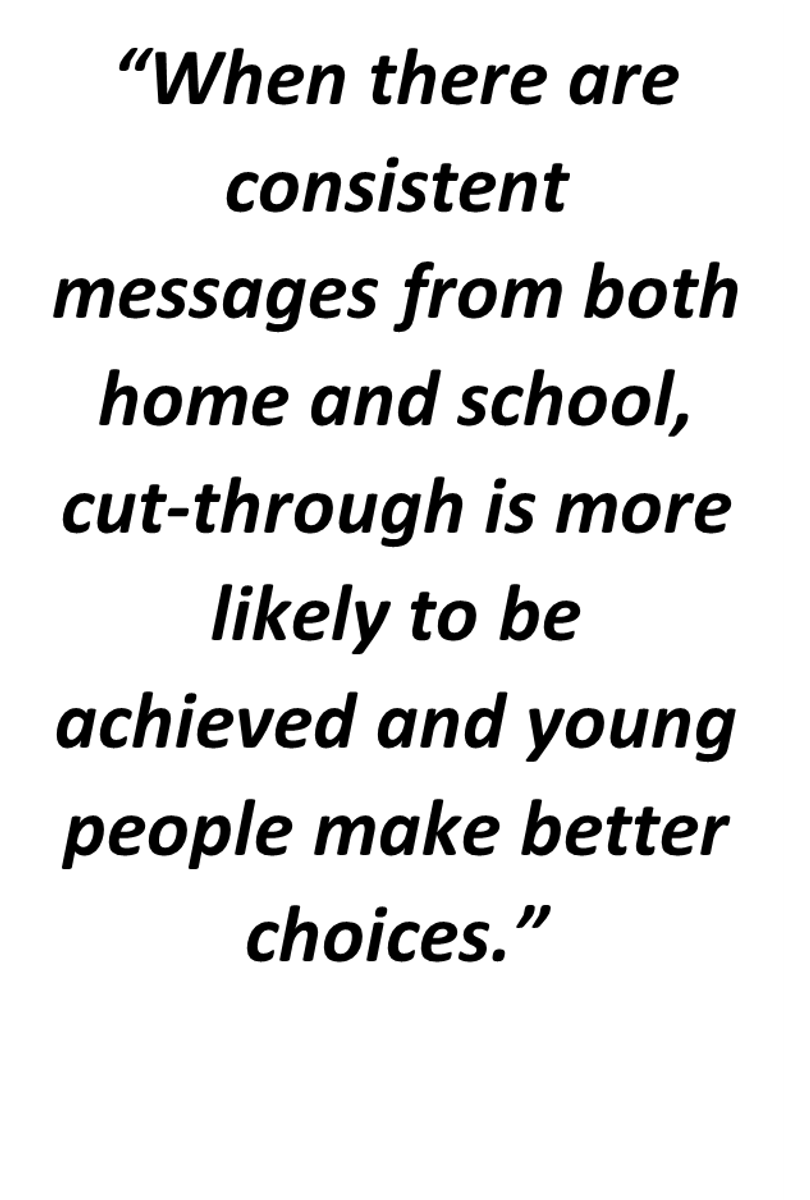From the Head
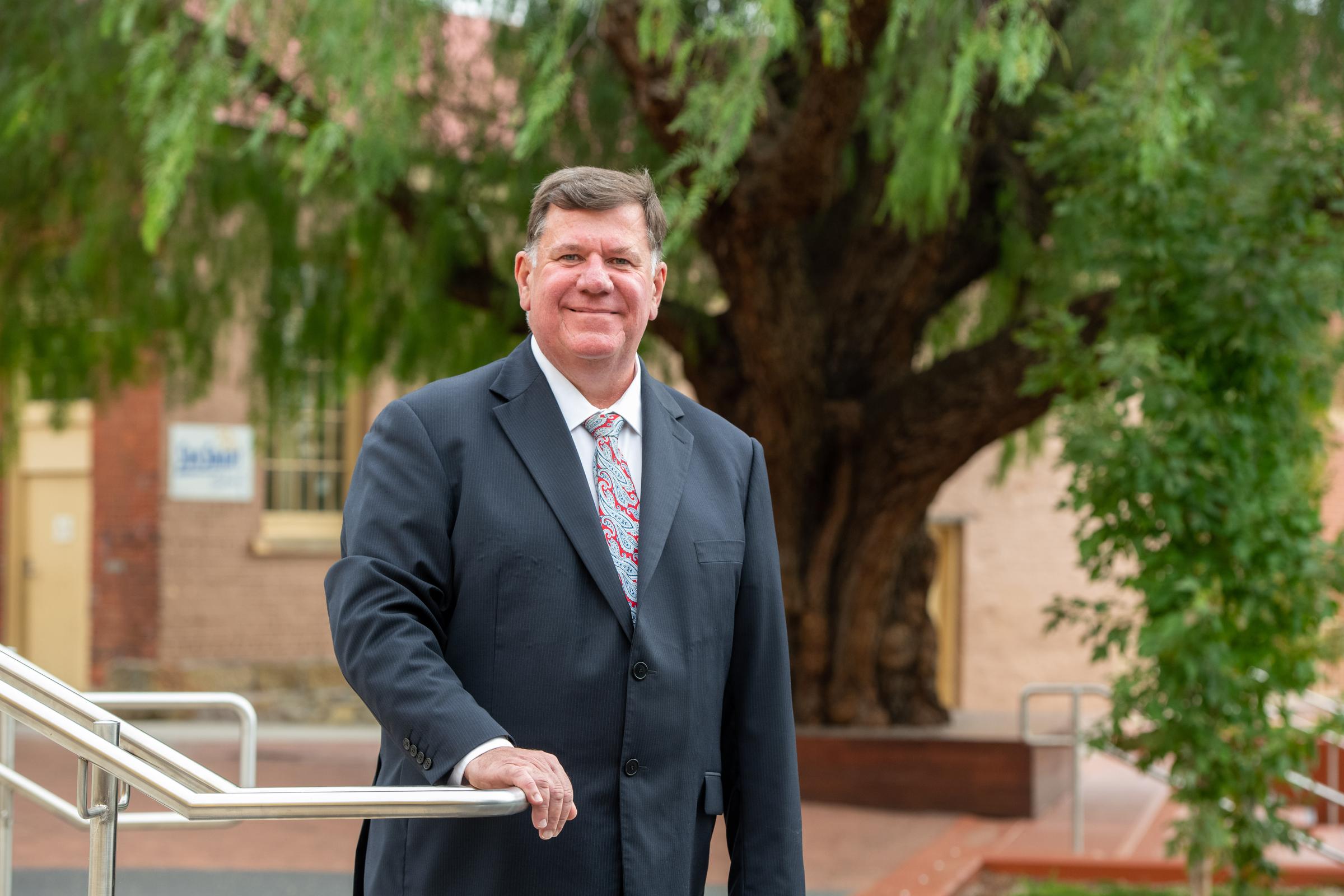
With the issue of the teaching of sexual consent whirring around media, I wanted to provide some clarity and reassurance to parents on the situation at Girton Grammar School.
The stories currently circulating in mainstream and social media about females being sexually assaulted are incredibly distressing. They remind us of the responsibilities we share as a community in establishing a base response of respect when it comes to gender and other relations.
It is incumbent on all schools to take a close look at improving education on consent. At Girton, we are currently doing just that. Our aim is to ensure that our students are not only clear about the ethics and legalities surrounding sexual consent but that they have the kind of deep self-respect that makes disrespect of others unlikely.
When there is no informed consent - an explicit ‘yes’ from someone who understands what is about to happen - a crime is committed. This is the reality that young people must understand. It is critical to include in any conversation that the legal age of consent is 16; that drunk, sleeping or unconscious people cannot give consent; and that people can change their mind and withdraw consent at any time.
The following is a summary of the elements of our overall Wellbeing programme in line with the Australian Curriculum, which entails both explicit education on consent, as well as education surrounding respectful relationships and positive protective behaviours:
- Year 6 sex education: sexual consent is not explicitly taught. The emphasis is on protective behaviours and respectful relationships, which starts from Prep.
- Year 7 Personal Development: Emphasis is on a harm minimisation approach in all relationships. The age and legalities surrounding consent are discussed.
- Year 8 Personal Development: consent is explicitly covered within two sex education lessons. A combination of presentations and discussion is used, with students suggesting scenarios for more in-depth discussion.
- Year 9 Programme: This is when the topic of sexual consent is most thoroughly covered in the curriculum under the banner of Respectful Relationships. Students undertake three sessions of “Sex, Consent and the Law”, including guest speaker Sergeant Mark Bell and additional class lessons using videos, small group work based on identifying “key moments”, Q and A sessions and explicit instruction on sexual consent.
- Year 10 Personal Development: Students are split into smaller groups, and with the School Nurse, they explore the topic of consent, respectful communication, and contraception over two lessons.
- Year 11 and Year 12: consent is not explicitly taught nor within the Australian Curriculum.
The Government’s Respectful Relationships programme, which was brought about by the Royal Commission into Family Violence, specifically addresses the issue of consent from Year 7 onward, and the Victorian Education Minister has flagged the possibility of even earlier intervention.
Girton does not implement the Government’s Respectful Relationships programme. However, we are satisfied that the topic of consent is thoroughly and appropriately addressed in Year 8 and Year 9 at our school. We are currently looking at the curriculum with the intention of introducing age-appropriate and more comprehensive education on consent in Year 7 and again in Years 11 and 12, most likely through the VCE Gen timetable.
But is this enough?
Excellent curriculum alone is unlikely to do the job of addressing dangerous sex culture. Research confirms that the expertise and comfort levels of the individual educators, what topics are addressed and how much detail they provide are all crucial to the effectiveness of education on sexual consent. This is why the role of our parents is so crucial. The school alone cannot equip young people with the skills, knowledge, and strategies they need to navigate relationships. As the people in their lives that they trust most, parents are the ones that young people rely on for guidance as they grow from children into young adults.
While numerous surveys have shown that students consider their school a trustworthy source of sex education, many young people believe that the lessons have not prepared them adequately for relationships and intimacy. Again, schools and parents will have to work together. Lessons on intimacy and sex require a base of trust, privacy and dignity. All adults need to be prepared to have conversations with young people that may feel awkward, and we particularly look to parents to do some of the heavy lifting when it comes to the intricacies and personal lives of their children. The conversation may feel uncomfortable, but the consequences of not having the conversation could be dire. If, for some reason, you are unable to talk with your child about sexual consent, then finding another trusted adult who can is a parental obligation that should be met.
There are several excellent resources for educators and parents about consent. You could explore these and decide if they are age-appropriate for your child and share them or use them to instigate a conversation at home.
- Special report on A Conversation on Consent:
Dr Michael Carr-Gregg:
https://schooltv.me/wellbeing_news/special-report-conversation-consent
- #MakeNoDoubt: NSW government:
https://www.women.nsw.gov.au/makenodoubt
- “Tea Consent”:
https://www.youtube.com/watch?v=fGoWLWS4-kU
- “Not as simple as no means no”.
https://theconversation.com/not-as-simple-as-no-means-no-what-young-people-need-to-know-about-consent-155736
- ReachOut.com: “How to Teach Your Teenager About Consent.”
https://tinyurl.com/3pfnch3w
And finally, a word on protective behaviours that help to keep young people safe. While the school entirely respects the decisions that parents make for their children, especially related to weekend activities, parents should be aware that Girton students receive a strong message of abstinence through their Personal Development classes about illegal underage drinking and recreational drug use. When there are consistent messages from both home and school, cut-through is more likely to be achieved and young people make better choices.
Our strong preference is that students attend only age-appropriate gatherings with peers of the same age and that parents do not permit the ‘safe’ serving of alcohol at home to any child under the age of eighteen. The setting in which alcohol is served does not make it legal or harmless for those who are under eighteen.
No school, group, organisation or community is immune from the potential harms of sexual assault. I look forward to working with parents to provide the united front that our young people need if we are to build the deep self-worth that will help to reverse the scourge of assault from the lives of too many young people.
Dr Clayton Massey
HEAD

